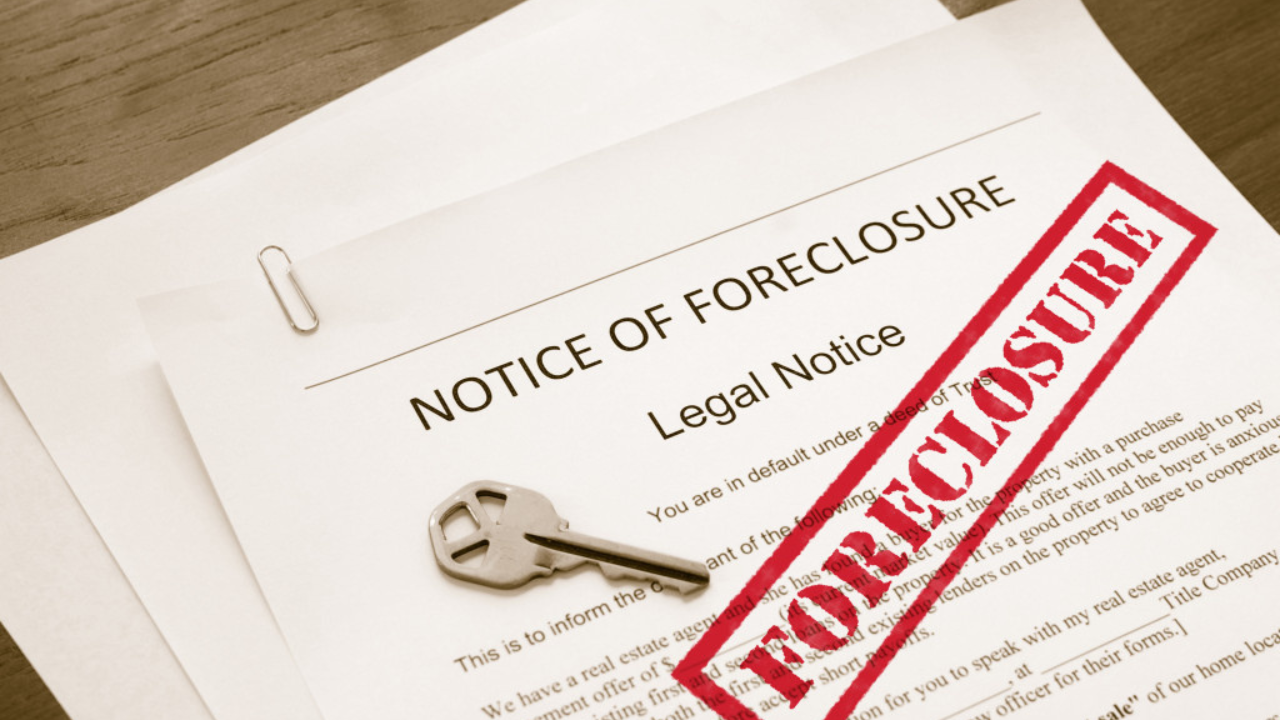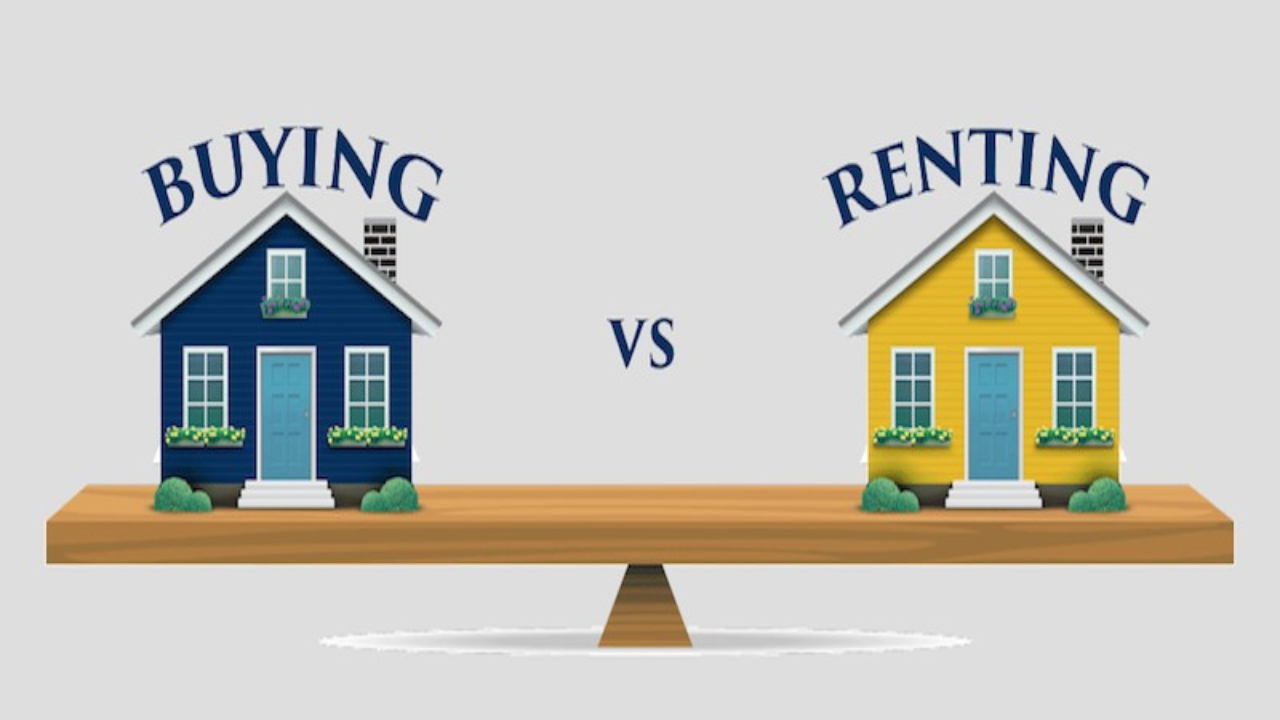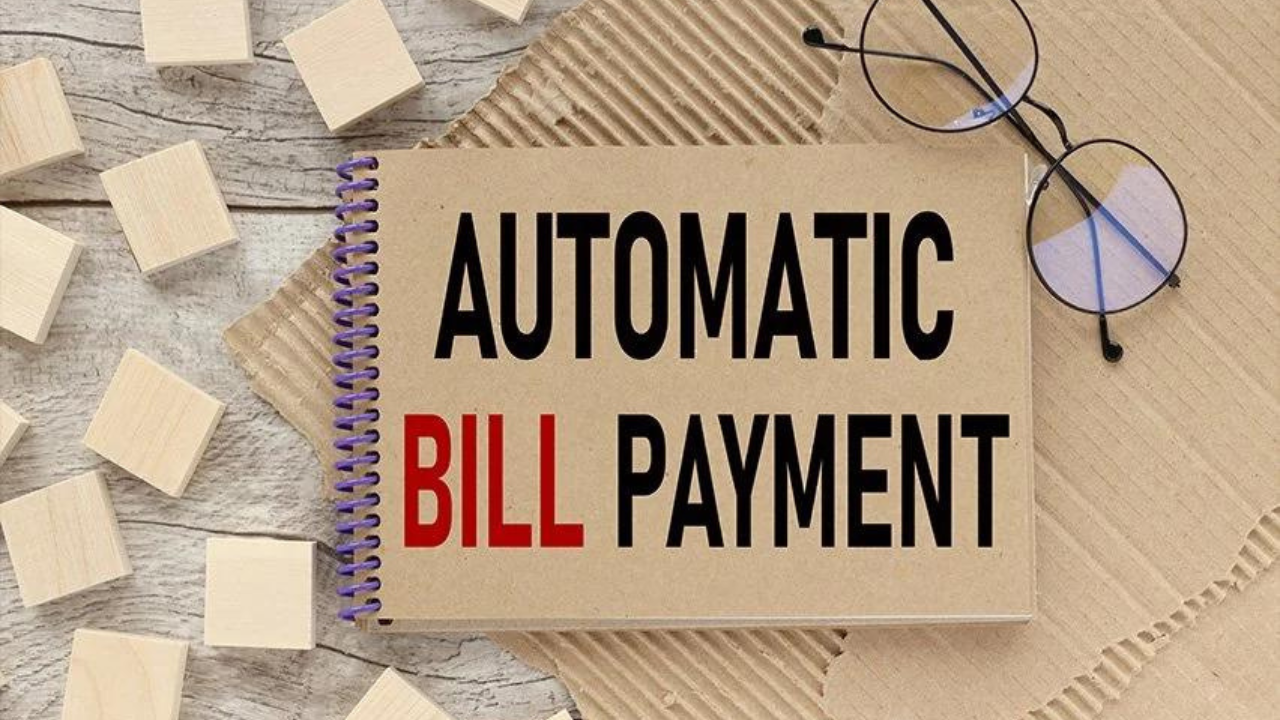Avoid Foreclosure on Your Home
Foreclosure is a distressing situation that many homeowners want to avoid. It can have severe financial and emotional consequences. However, by taking proactive steps and seeking assistance, you can potentially prevent foreclosure and protect your home. In this blog post, we will discuss effective strategies to help you avoid foreclosure and maintain homeownership.
Recognize the Warning Signs
- Stay vigilant for signs of financial difficulty, such as missed mortgage payments, increased debt, or reduced income.
- Act quickly if you anticipate trouble in meeting your mortgage obligations to address the issue before it escalates.
Communicate with Your Lender
- Contact your lender as soon as you face financial challenges that may impact your ability to make mortgage payments.
- Explain your situation, provide necessary documentation, and explore available options to modify or adjust your loan terms.
Understand Foreclosure Alternatives
- Loan modification: Work with your lender to modify your existing loan terms, potentially reducing monthly payments or extending the loan duration.
- Refinance: Explore refinancing options to obtain a new loan with more favorable terms, potentially lowering your monthly mortgage payment.
- Forbearance: Request a temporary suspension or reduction of mortgage payments if you are experiencing a short-term financial hardship.
- Repayment plan: Develop a repayment plan with your lender to catch up on missed payments by spreading them out over time.
Seek Assistance from Housing Counseling Agencies
- Contact a reputable housing counseling agency approved by the Department of Housing and Urban Development (HUD).
- Housing counselors can provide guidance, negotiate with your lender, and help you explore foreclosure prevention programs and resources.
Explore Government Programs
- Home Affordable Modification Program (HAMP): This federal program offers loan modifications to eligible homeowners facing financial hardship.
- Hardest Hit Fund (HHF): State-specific programs provide assistance to homeowners in areas heavily affected by economic downturns or natural disasters.
- Keep Your Home California: Offers several assistance programs, including mortgage reinstatement, principal reduction, and unemployment mortgage assistance.
Manage Your Finances
- Develop a budget: Create a realistic budget to track income and expenses, prioritizing mortgage payments.
- Reduce expenses: Cut unnecessary spending and focus on essential items to free up funds for mortgage payments.
- Increase income: Explore options to increase your income, such as taking on a part-time job or freelancing.
Consider Selling Your Home
- If you are unable to sustain homeownership, consider selling your home before foreclosure becomes inevitable.
- Working with a real estate agent or seeking a short sale can help you sell the property and potentially avoid foreclosure.
Stay Informed and Take Action
- Stay updated on foreclosure prevention programs, legal rights, and resources available in your area.
- Act promptly when facing financial difficulties, as early intervention provides the best chance of avoiding foreclosure.
Conclusion
Foreclosure is a challenging and distressing situation, but it is not inevitable. By taking proactive steps, seeking assistance, and exploring available options, you can increase your chances of avoiding foreclosure and preserving your home. Remember to communicate with your lender, seek guidance from housing counseling agencies, and take control of your finances. Acting swiftly and staying informed are key to protecting your home and achieving financial stability.
Note: The information provided in this blog post is for informational purposes only and should not be considered financial or legal advice. Consult with a professional financial advisor or housing counselor for personalized guidance based on your specific circumstances.
















